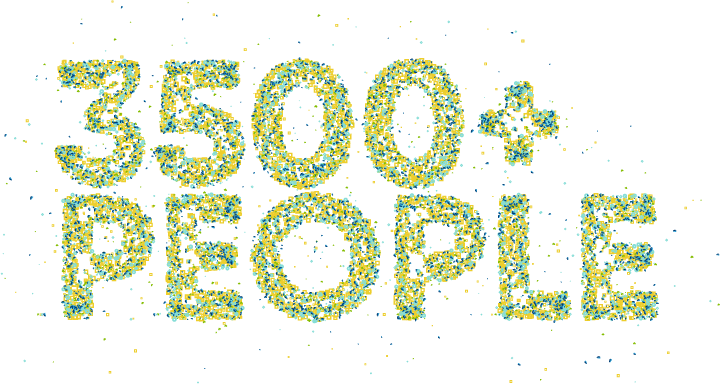CHOOSE
A DIFFERENT TERRITORY

The EMR Way is embodied by the more than 3,500 people who work for the company across the world. You can read about some of the people, what important tasks they undertake, and what they get from working at EMR below.
Visit our Culture and Values or Apprenticeships pages to find out more about working for EMR, or visit our dedicated jobs portal for a list of current vacancies.